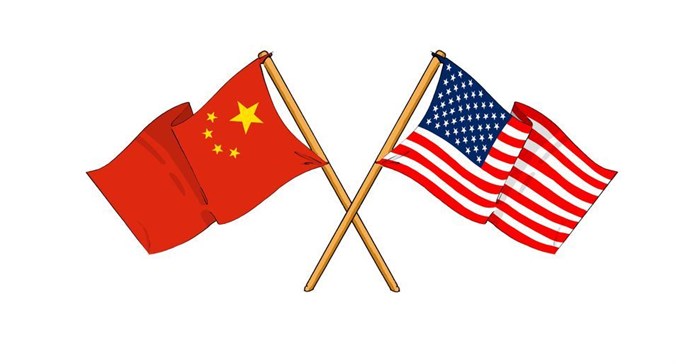Superpower investment in Africa

The policy brief looked at how the United States differed from China in its engagement with Africa and provides three policy recommendations for collaboration between the United States and China in Africa.
The brief released in April by the China-Africa Research Initiative (CARI) at the Johns Hopkins University School of Advanced International Studies (SAIS) uses analysis from its original data on Chinese and US trade, foreign direct investment (FDI), and loans to Africa over the past 15 years.
The researched found that Chinese engagement emphasises Africa’s infrastructure needs; key countries are consistently top destinations for different types of economic activities including Nigeria, South Africa, and Algeria; and falling commodity prices are responsible for declining US and Chinese engagement in Africa.
The brief provides three policy recommendations for collaboration between the United States and China in Africa:
- The US and China should do more to work together in developing African roads, railroads, airports, and harbours.
- The US and China should coordinate engagement that cuts across trade, FDI, and loan finance in Africa.
- The US and China should diversify away from resource-rich sectors and focus on other growing African industries, such as manufacturing.
Key findings include:
- The value of African oil exports to China decreased by 50% from $53.1 billion in 2014 to $27.5 billion in 2015.
- In 2008, oil accounted for 85% of US imports from Africa, but by 2015, oil was only 40% of imports.
- As a proportion of global FDI stock, China’s investment in Africa made up 3.7% in 2015, larger than that of the United States, where Africa constituted only 1.4%.
- From 2000 to 2015, China Eximbank contributed $63 billion of loans to Africa while the US Eximbank contributed only $1.7 billion. China Eximbank contributed to almost all 54 African countries, while US Eximbank contributed to only five.
- Transportation is the top destination for China Eximbank loans to Africa, while energy and mining is the top destination for US Eximbank loans to Africa.
The SAIS China Africa Research Initiative (SAIS-CARI) was launched in 2014 at the Johns Hopkins University School of Advanced International Studies (SAIS), to promote evidence-based understanding of the relations between China and African countries through high quality data collection, field research, conferences, and collaboration.
The mission of SAIS-CARI is promoting research, conducting evidence-based analysis, fostering collaboration, and training future leaders to better understand the economic and political dimensions of China-Africa relations and their implications for human security and global development.
The authors are available to further discuss how oil exports influence Chinese and US trade relations with Africa, why Chinese and US firms favour investment in different African industries, and what are the main sectors to which China and the United States provide loans in Africa? Read more.
Source: African Press Organisation

APO is the sole press release wire in Africa, and the global leader in media relations related to Africa. With headquarters in Dakar, Senegal, APO owns a media database of over 150,000 contacts and the main Africa-related news online community.
Go to: www.bizcommunity.com/PressOffice.aspx?cn=apogroup





















